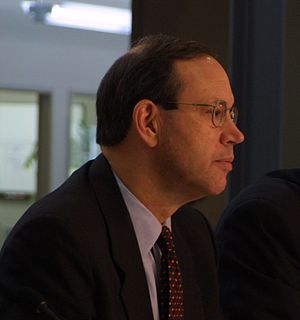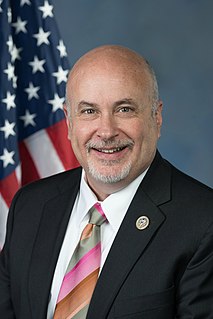A Quote by Bob Taft
In this global economy, no jobs are safe. High-speed Internet connections and low-cost, skilled labor overseas are an explosive combination.
Related Quotes
When the press writes scare stories about the global labor supply draining jobs from rich to poor places, the story is usually presented as a "race to the bottom" simply in terms of wages. Capitalism supposedly looks for labor wherever labor is cheapest. This story is half wrong. A kind of cultural selection is also at work, so that jobs leave high-wage countries like the United States and Germany, but migrate to low-wage economies with skilled, sometimes overqualified workers.
We know that to compete for the jobs of the 21st century and thrive in a global economy, we need a growing, skilled and educated workforce, particularly in the areas of science, technology, engineering and math. Americans with bachelor's degrees have half the unemployment rate of those with a high school degree.
We now live in a world where the most valuable skill you can sell is knowledge. Revolutions in technology and communication have created an entire economy of high-tech, high-wage jobs that can be located anywhere there's an internet connection. And today, a child in Chicago is not only competing for jobs with one in Boston, but thousands more in Bangalore and Beijing who are being educated longer and better than ever before.
































